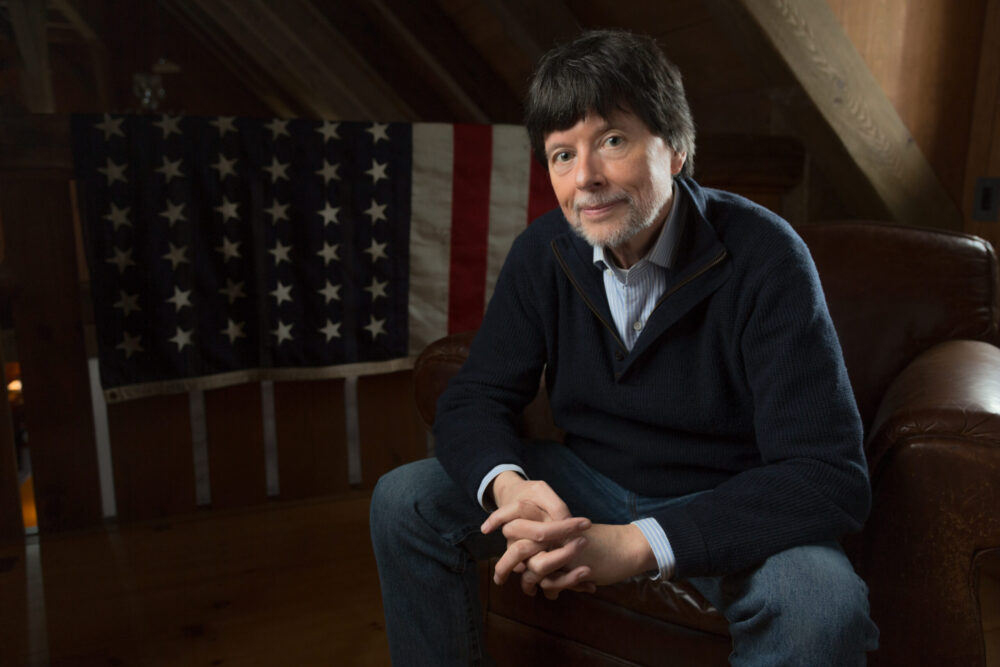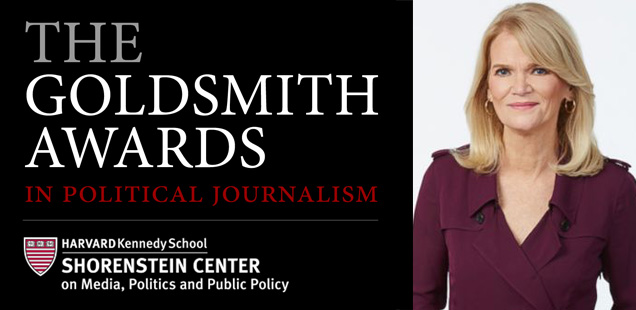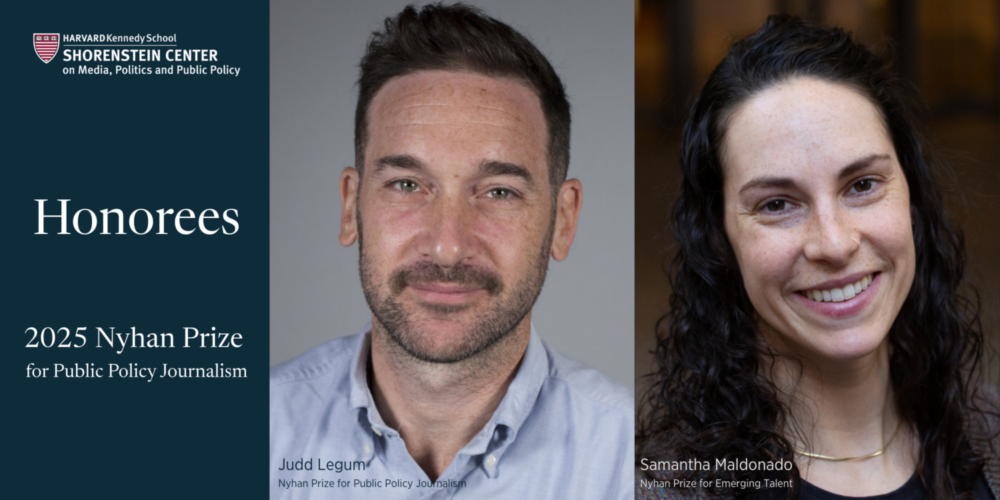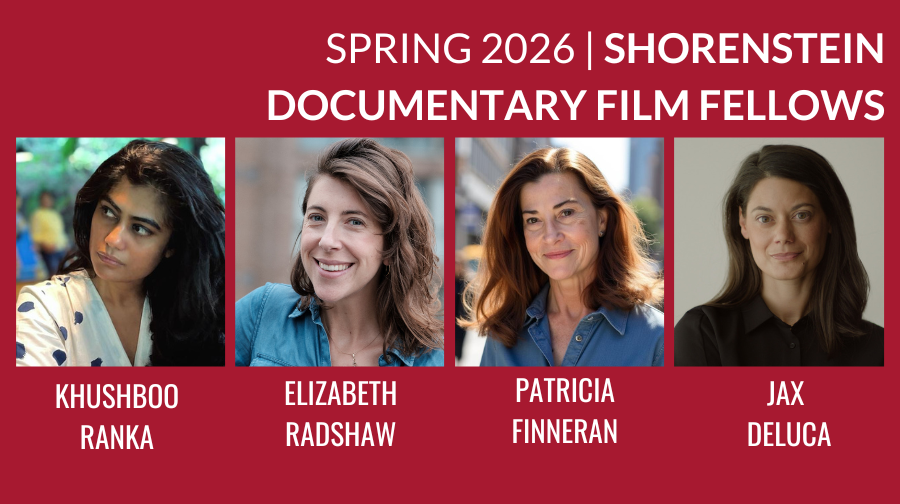
Center News
Ken Burns to give Theodore H. White Lecture on Press and Politics
Newsletter

Our weekly roundup of news found at the intersection of media, politics, policy and technology, from the Shorenstein Center and from around the web. Sign up to receive Media and Politics Must Reads in your inbox each week. Also connect with us on Twitter and Facebook for more updates.
Shorenstein Center Announces Six Finalists for 2018 Goldsmith Prize for Investigative Reporting; Martha Raddatz to Receive Career Award. Finalists include Asbury Park Press, BuzzFeed News, Miami Herald, NPR and ProPublica, STAT and The Boston Globe, and The Washington Post; special citation for The New York Times. “At the local, state, and national level, this year’s Goldsmith finalists exemplify the power of investigative reporting to uncover wrongs and to hold government and business accountable. These stories have saved lives and spurred changes to protect vulnerable populations,” said Shorenstein Center Director Nicco Mele. The winner of the Goldsmith Prize for Investigative Reporting will be announced at an awards ceremony on March 6, 2018, at the Kennedy School. Additionally, Martha Raddatz, ABC News chief global affairs correspondent, will receive the Goldsmith Career Award for Excellence in Journalism and deliver the keynote speech. Read more about the finalists and their stories.
Instead of seeking ‘common ground,’ Trump gives a flabby, divisive speech. E.J. Dionne Jr., former William H. Bloomberg Visiting Professor, writes “Yes, we cheered the heroes. They remind us of what is good in our country. Alas, their selflessness stands in stark contrast to our politics in the Trump era.”
Won’t Get Fooled Again: Why The Pundits Didn’t Swoon Over Trump’s Speech. Dan Kennedy, spring 2016 fellow, writes that “much of the day-after media commentary took Trump’s relatively normal speech for what it was: a performance entirely at odds with his outrageous pronouncements and actions over the past year.”
Trump campaign: Send us $1 and we’ll scroll your name during State of the Union live stream. Fred Wertheimer, fall 1996 fellow, criticizes the President’s fundraising pitch, which has raised ethical questions.
We Can’t Survive On Outrage Alone. Leah Wright Rigueur, Assistant Professor of Public Policy, writes “While we should continue to pay careful attention to the rhetoric and actions of the White House, we should also refuse to let Trump’s outrageousness become the focal point of the public narrative.”
Trump’s Great American Whitewash. Derrick Z. Jackson, fall 2016 fellow, asks “Why do Trump’s racist messages have so much appeal? Trump delivers—loudly—what the Republicans have long promised in code.”
Trump’s own actions put him at risk for obstruction — if not legally then politically. Jackie Calmes, spring 2015 fellow, writes that “Trump has increased his political jeopardy, giving new arguments to impeachment advocates.”
The state of tech policy, one year into the Trump administration. Tom Wheeler, Walter Shorenstein Media and Democracy Fellow, writes that the FCC “has spent twelve months looking backwards at the previous administration’s policies and dismantling what they dislike, rather than developing a vision for the protection of consumers and a competitive market in a time of rapid technological change.”
The Libraries Bringing Small-Town News Back to Life. David Beard, former research fellow, writes about library-based projects that provide local news and information. “It makes sense that librarians would get it right. Librarians understand the value of accuracy. They are familiar with databases. Americans by and large trust librarians, actually much more than they trust journalists.”
Welcome to the Golden Age of Conservative Magazines, from The Washington Post.
Protect your magic: A survival guide for journalists of color, from Poynter.
Sexual harassment in the newsroom: An oral history, from Columbia Journalism Review.

Center News

Center News

Center News